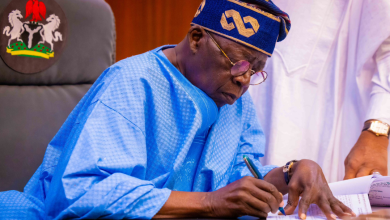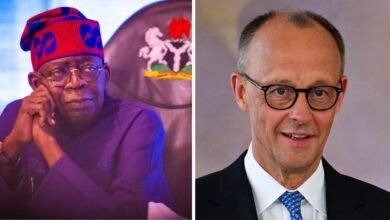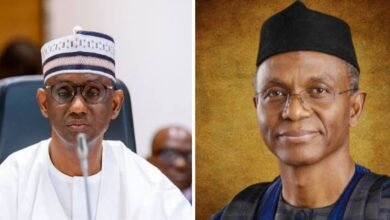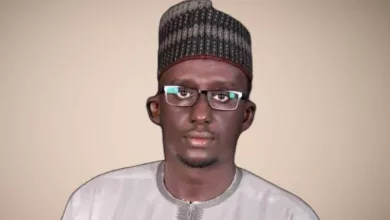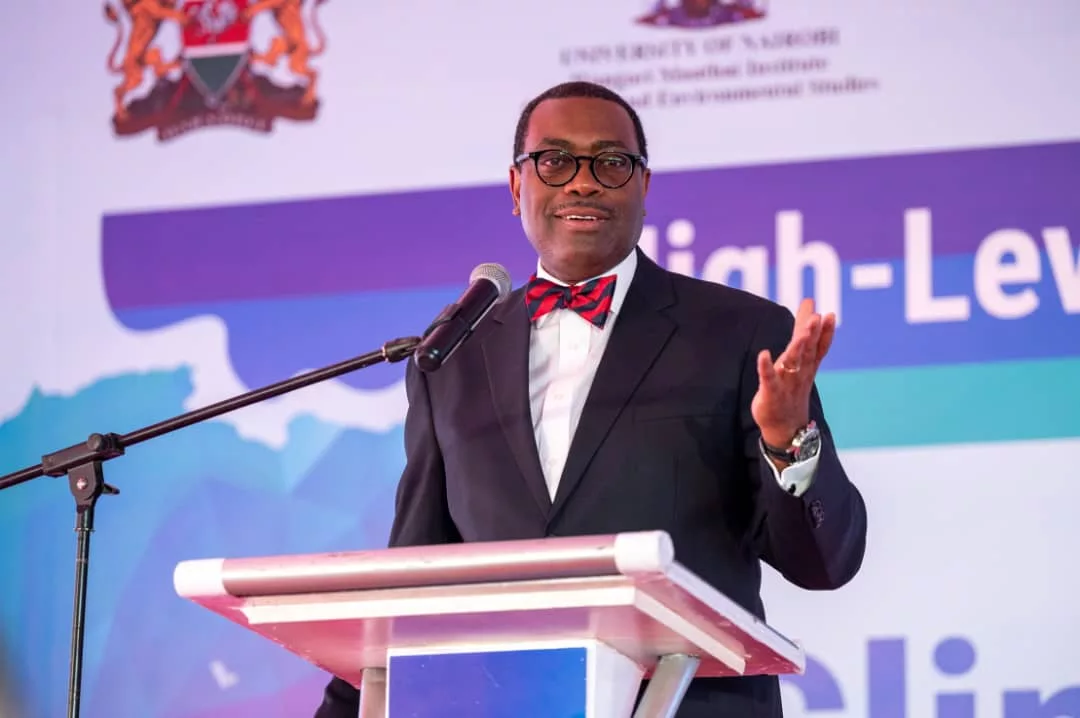
African Development Bank President Akinwumi Adesina has announced a new $1 billion fund to accelerate climate financing for Africa’s youth businesses.
The additional financing will boost YouthAdapt, a joint initiative between the Bank and the Global Centre on Adaptation. It invites young entrepreneurs and micro, small, and medium enterprises in Africa to submit innovative solutions and business ideas that have the potential to drive climate change adaptation and resilience across the continent.
Adesina made the $1 billion announcement during a High-Level Intergenerational Dialogue: Africa Driving Climate Adaptation Solutions and Jobs, held at the Wangari Maathai Institute of Peace and Environment on the outskirts of Nairobi. The institute, funded by the African Development Bank, was officially opened in 2022.
Adesina was joined by the 8th Secretary General of the UN, Ban Ki Moon, Graça Machel, Chair of the board of trustees of the Graça Machel Trust and the African Child Policy Forum, GCA’s CEO Patrick Verkooijen, Kenya’s Cabinet Secretary for Youth Affairs, the Arts and Sports Ababu Namwamba, Anne Beathe Tvinnereim, Norway’s Minister of International Development, Kerrie Simmonds, Minister of Foreign Affairs for Barbados, as well as other dignitaries.
Announcing the $1 billion-dollar additional funding, the Bank chief said African youths didn’t want “little things being doled out to them”. “We have no option but to invest in our youths,” Adesina said.
Over the past two years, YouthAdapt has provided more than $1.5 million to 33 young entrepreneurs across 19 African countries. Some have gone on to raise their profits by 200%.
Africa’s youth are the present. It is their views and perspectives that are going to change the continent,” Adesina said. “Failing to invest in the youth will hurt Africa, failure is not an option.”
In his remarks, Ban told the youths that, as global citizens, they should not be held back by national boundaries. He urged them to hold their leaders accountable for the promises they make. “Challenge your leaders today. Use your voting power to ensure climate adaptation and finance are a priority.”
Namwamba highlighted some of the initiatives the Kenyan government has launched to drive climate adaptation. “We are recruiting a one million youth Green Army as Climate Action Warriors to support President William Ruto’s ambitious plan to plant 15 billion trees in 10 years.” This, he said, would increase the country’s forest cover from 12% to 30%.
He noted Kenya was the first country to ratify the Sports for Climate Action Initiative under the United Nations Framework Convention on Climate Change. Under the initiative, sports organisations will be able to pursue climate action in a consistent and mutually supportive fashion through disseminating good practices, lessons learned and collaboration.
The GCA’s Verkooijen said that the choice before Africa was a stark one. “Adapt or die.” Still, he said that the need for adaptation offers opportunity. “We know that if we provide you with the right tools, the right finance, and give voice to the voiceless, you will be unstoppable.”
The event also featured the presentation of the Youth4Adaptation Communiqué, which urges global leaders to make room for the youth in decision making on climate adaptation and action. The communique, reflecting the climate adaptation aspirations of young people from 135 countries worldwide, also urges a scaling up of finance for adaptation with a target of doubling it by 2025.
Adesina and the other dignitaries each planted a tree on the grounds of the Wangari Maathai Institute, named for the renowned environmentalist and Nobel laureate, the late Professor Wangari Maathai. She founded the Green Belt Movement and pursued a community-based approach to environmental conservation – working with young people and particularly women to plant trees.
They expressed admiration at the late Professor Wangari Maathai’s strong legacy of environmental conservation and social justice.

